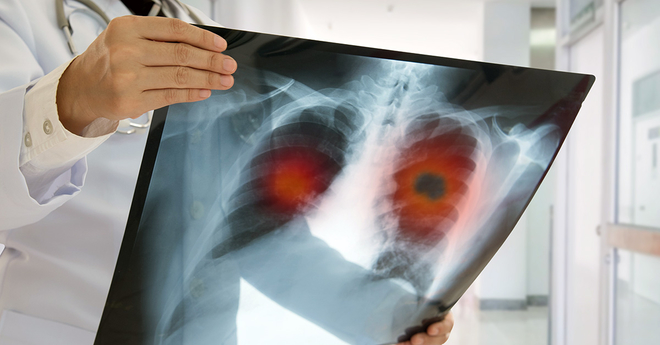Smoking and diabetes: The connection between 2 U.S. epidemics
The increase in diabetes in the U.S. to epidemic levels has gained a lot of attention in recent years. Over 29 million Americans have the disease and many more—1 in 3 adults—are at risk of developing it in the next five years (known as pre-diabetes).
Diabetes and smoking are two of the biggest public health challenges of our time, and they are connected in some surprising ways. Smoking increases the risk of developing diabetes and the risk of organ damage from the disease.
To learn more about the connection between smoking and diabetes, we turned to the experts behind BecomeAnEX®, a digital quit-smoking program by Truth Initiative® and developed in collaboration with Mayo Clinic.
How does smoking make me more likely to develop diabetes?
People with diabetes have bodies that can't make or use insulin—a hormone that turns glucose (sugar) from the food you eat into energy. Over time, high blood sugar levels can damage organs such as your kidney, heart, blood vessels and eyes. This damage can cause these organs to malfunction or fail—one reason why diabetes is one of the top 10 causes of death in the country.
Smoking increases the risk of developing diabetes because it can change how your body processes and regulates sugar. Smoking can also make it harder to control your blood sugar levels if you have diabetes. If you smoke, you have a 30 to 40 percent higher chance of developing diabetes than someone who has never smoked.
And, the more you smoke, the higher your chance of developing diabetes. Once you quit, your risk of developing diabetes goes down. The longer you've been smoke-free, the less likely it is you'll become diabetic.
How does smoking affect me if I already have diabetes?
If you already have diabetes, smoking increases your chances of dying from any cause compared to nonsmokers. It also increases your risk of organ damage, as well as your chances of having a heart attack or stroke.
- Smoking can double your risk of developing kidney damage compared to nonsmokers.
- Smoking increases the risk of diabetic eye disease (called diabetic retinopathy). Smoking reduces blood circulation. When this happens to the retina, light sensing cells in the eye are damaged, causing blindness.
- Both diabetes and smoking increase your chances of developing pancreatic cancer, which is fatal in 95 percent of cases. If you have diabetes and you smoke, your risk of pancreatic cancer is even higher than if you only smoked or were a nonsmoking diabetic.
- Diabetes and cigarette smoking are major risk factors for heart attack and stroke. If you're diabetic and you smoke, your chances of having a heart attack or stroke are higher than if you were just a smoker, or a nonsmoking diabetic. Quitting smoking and controlling your diabetes are important steps to take to lower your chances of heart attack or stroke.
How will quitting smoking affect my diabetes?
When you stop smoking, your liver slows the process of removing hormones (like insulin) and diabetes medications from the body. If the amount of insulin or diabetes drugs go up, blood sugar will go down.
If you have diabetes and stop smoking, you may need to test your blood sugars more frequently for a while to avoid dangerously low levels. Once your blood sugar levels stabilize, you can go back to regular testing patterns.
There are no concerns about using most quit-smoking medications, such as nicotine replacement therapy or bupropion, if you have diabetes. Since diabetes can lower kidney function, you should talk to your doctor if you want to use other medications to quit smoking. Get more information about quit-smoking medications.
For more information on smoking and diabetes, and to make a quit plan, visit BecomeAnEX.org. On the site, you can connect with others in the EX Communitywho have quit smoking while managing their diabetes.
More in harmful effects of tobacco
Want support quitting? Join EX Program
By clicking JOIN, you agree to the Terms, Text Message Terms and Privacy Policy.
Msg&Data rates may apply; msgs are automated.



